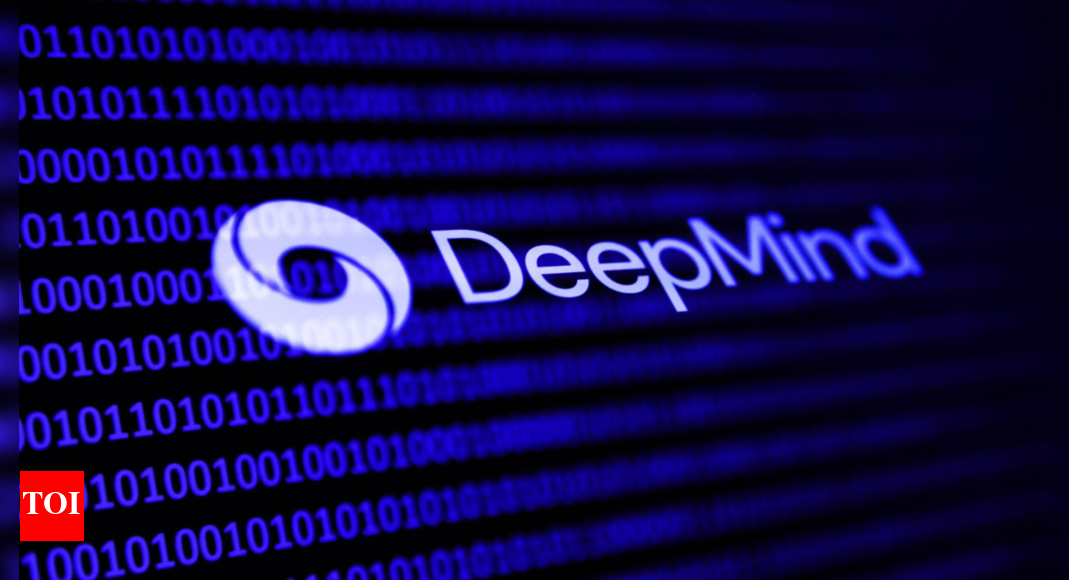Microsoft VP Praises Google DeepMind’s New Models, Encourages Employees to Seek Opportunities Elsewhere

Microsoft AI VP Raises Concerns Over Google DeepMind Employment Practices
Acknowledgment of Google’s Prowess
Nando de Freitas, the Vice President of AI at Microsoft, recently expressed his admiration for Google DeepMind’s new artificial intelligence models. His public message, shared on social media, not only commended DeepMind’s advancements but also highlighted a troubling issue within the company related to employee dissatisfaction and restrictive employment contracts.
Frustration Among Google DeepMind Employees
In his tweet, de Freitas revealed that numerous employees at Google DeepMind have reached out to him for help regarding their current contracts, particularly concerning noncompete agreements. Many of these employees expressed feelings of despair about their inability to transition to other opportunities due to stringent notice periods and contractual obligations.
De Freitas urged DeepMind personnel to refrain from contacting him directly for job assistance and instead encouraged them to communicate with their own leadership. He specifically mentioned two key figures at Google DeepMind, CTO Koray Kavukcuoglu and Senior Research Director Douglas Eck, whom he believes are in a better position to address these concerns.
Employment Restrictions in the AI Industry
The Nature of Noncompete Agreements
The artificial intelligence sector is becoming increasingly competitive, with high demand for skilled professionals. Within this landscape, some employees at Google DeepMind reportedly face noncompete agreements that can last up to 12 months. These contracts prevent them from working with other companies, thus limiting their job prospects.
De Freitas took a firm stance against such agreements, labeling them as an "abuse of power." He called for employees not to sign these contracts, particularly emphasizing the potential negative implications in European contexts where such regulations may be more scrutinized.
Comparing Company Practices
Microsoft and Google are engaged in fierce competition for top talent in the AI sphere. Both companies utilize various strategies to retain talent and control information flow. However, Microsoft’s open criticism of Google DeepMind’s practices indicates a divergence in how each company approaches employee relations and talent management.
Google DeepMind has not yet made any official comments regarding de Freitas’ remarks or the prevailing issues related to their employment contracts. The absence of a public response adds to the apprehension among its workforce, as employees seek clarity and resolution regarding their concerns.
Addressing Employee Concerns
Encouraging Internal Dialogue
De Freitas’ appeal for DeepMind employees to discuss their issues with company leadership instead of external contacts could be interpreted as a call for more robust internal communication channels. Open dialogue between employees and management can foster transparency and potentially lead to resolutions that benefit both parties.
Impact of Employment Practices on Talent Retention
The restrictive nature of employment contracts not only impacts current employees but may also deter potential candidates from seeking positions within Google DeepMind. In an era where companies strive to create attractive workplace environments, overly rigorous employment restrictions could harm the company’s reputation in the tech community.
The Competitive AI Job Market
The current job market for AI professionals is especially hot, with numerous companies vying for a limited pool of talent. As organizations like Microsoft and Google strengthen their influence and capability in AI, retaining skilled employees becomes crucial. Addressing concerns over noncompete agreements and fostering an appealing work environment could enhance employee satisfaction and retention.
In summary, the discourse initiated by Microsoft’s AI VP highlights critical issues regarding employee welfare within the competitive landscape of Artificial Intelligence. By pressing for transparency and better treatment of employees, we may witness shifts in how big tech companies manage talent and improve workplace satisfaction.






